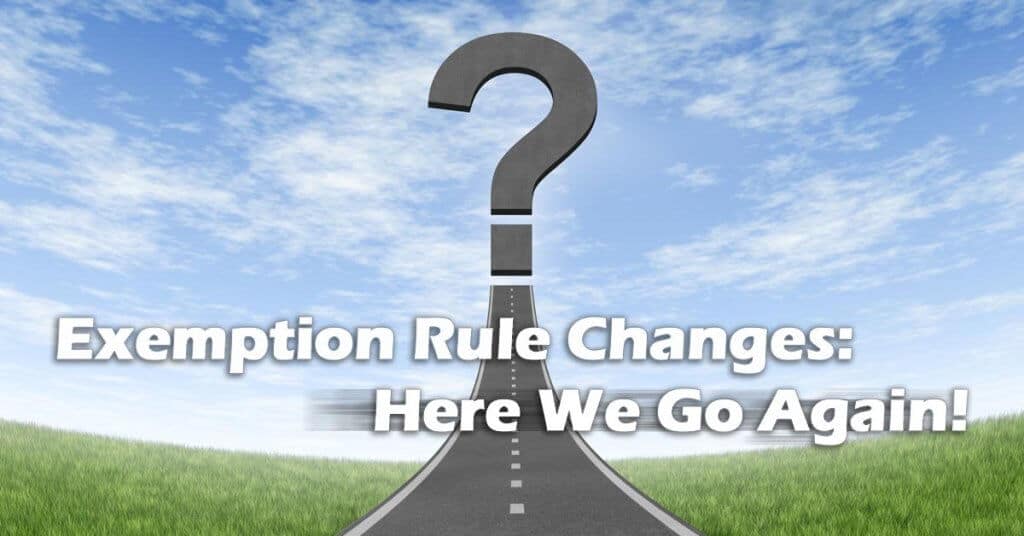You may recall the U.S. Department of Labor proposed changes to the white-collar exemption rule in 2015 that had employers scrambling to implement the proposed increase to the minimum salary requirement for exempt workers. That proposal was blocked by a federal court in Texas in late 2016. However, there were benefits from that exercise. Many employers that I work with had only considered the minimum salary requirement when classifying a position exempt from overtime and minimum wage under the Fair Labor Standards Act. Many had not performed the job duties test to ensure the position complied with the executive, administrative, professional, computer or outside sales exemptions. As a result, it was a great opportunity to correct exemption classification errors.
On March 7, 2019, DOL published new proposed revisions to the white-collar exemption rules under the FLSA. In the notice of proposed rule-making, DOL has proposed increasing the minimum salary for certain white-collar exemptions from the current $455 per week ($23,660 per year) to $679 per week ($35,308 per year). In 2015, DOL had proposed increasing this threshold to $913 per week ($47,476 per year).
The proposed regulations would allow up to 10% of the threshold amount to include non-discretionary bonuses and commissions that are paid at least annually. The proposed rule also would increase the minimum salary for the highly compensated employee exemption from $100,000 per year to $147,414 per year. Lastly, the proposed rule would establish a process for DOL to consider the need and feasibility for review of the salary threshold every four years through a notice-and-comment process for the executive, administrative and professional exemptions. There would not be automatic increases as originally proposed in 2015.
The comment period for the proposed exemption rule change closed May 21. It is anticipated the final rule will be published in November 2019 and effective in early 2020.
What are employers’ next steps?
- Review salary levels of employees classified as exempt from overtime under the white-collar exemptions. Identify all employees earning below $35,308.
- Ensure all employees classified as exempt under the white-collar exemption rule meet the job duties test and the minimum salary requirements.
- Determine whether adjustments need to be made to employee classifications and/or compensation levels.
- Educate newly nonexempt workers and their managers on time reporting procedures and overtime rules.
Compliance may take more time than you anticipate. DOL may be forced to provide less time for employers to comply to ensure the final rule is effective and in place before the 2020 election. This is an opportunity to correct classification errors. Be sure to involve your human resource professional or resource to minimize risk to your business.






